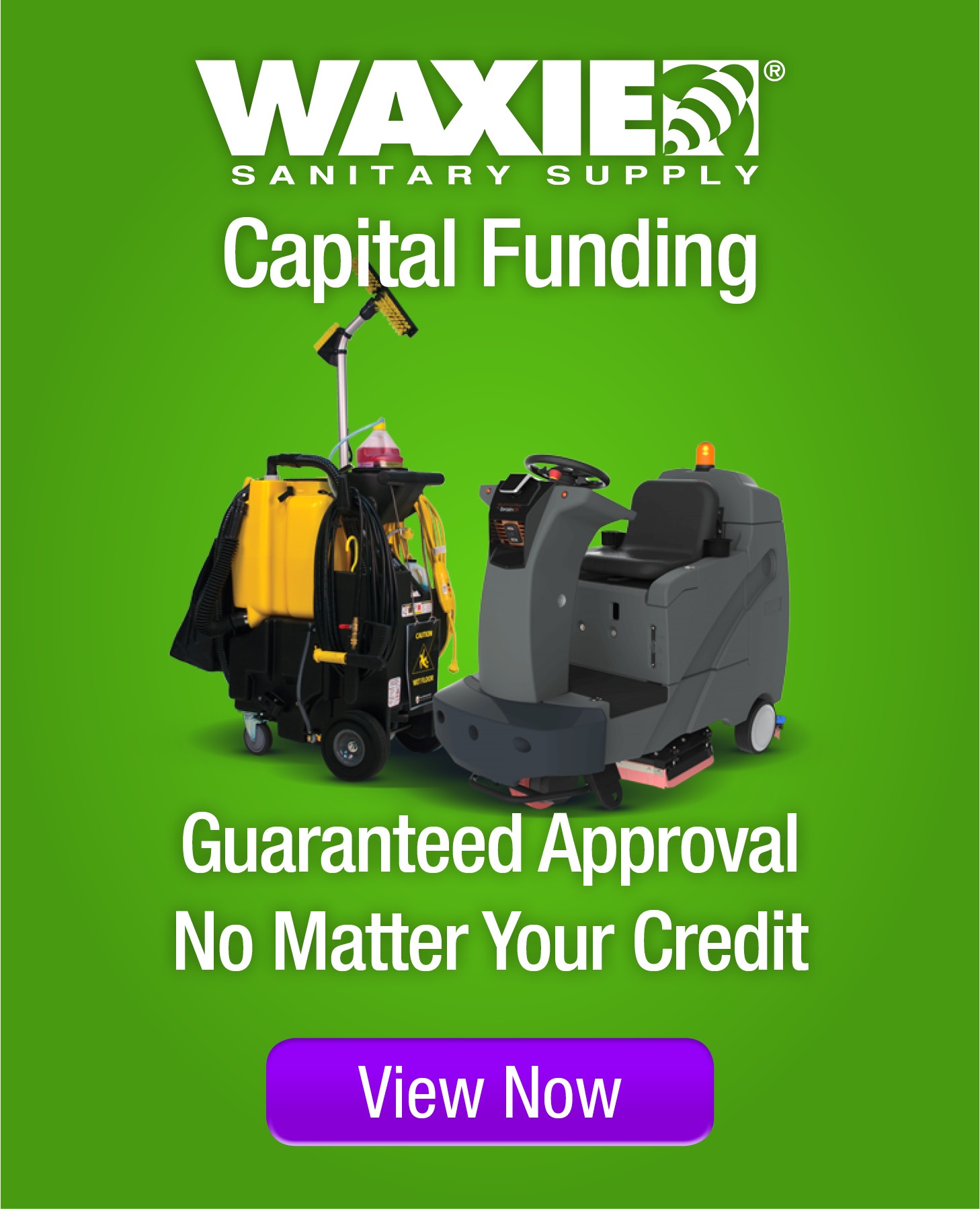
WAXIE Waste Diversion & Recycling
Whether your company is looking to improve your existing sustainability program, or you’re looking to get started, WAXIE Sanitary Supply can assist you from start to finish. A well run recycling and waste diversion program can save you money on waste disposal costs by diverting recyclables and organics from a landfill. It can be a visual statement to your employees, customers and the community about your overall sustainability efforts. A waste diversion program can also meet government and corporate requirements.
Waste Diversion is defined by the EPA as “The prevention and reduction of generated waste through source reduction, recycling, reuse and composting. Waste diversion generates a host of environmental, financial and social benefits, including conserving energy, reducing disposal costs, and reducing the burden on landfills and other waste disposal methods.”
Composting plays a key role in achieving any zero waste initiatives. Composting is a biological process of breaking up organic matter such as food waste, coffee grounds, landscape waste, and paper (among other materials), and is sometimes described as “nature’s way of recycling.” Diverting compost can dramatically reduce the anaerobic decay of food in landfills, which releases methane and increases global warming.
Zero Waste is defined by the Zero Waste International Alliance as “Designing and managing products and processes to systematically avoid and eliminate the volume and toxicity of waste and materials, conserve and recover all resources, and not burn or bury them. Implementing Zero Waste will eliminate all discharges to land, water or air that are a threat to planetary, human, animal or plant health.”
Waste can be diverted from going to the landfill by making procurement choices which consider source and packaging reduction; by implementing a recycling program for all recyclable materials in the facility; and by composting the materials which are eligible, such as food and landscape waste (even paper towels are compostable!). Finally it’s time to “close the circle” by purchasing items with post-consumer recycled content – before starting the whole process over from the beginning.
WAXIE has products for all of your recycling & waste diversion needs. Let us be part of your solution.
WAXIE offers many sustainable materials management solutions to help facilities divert recyclable and compostable materials from a landfill. We can provide everything from individually labeled and color-coded receptacles, to integrated collection systems and in-vessel rotary drum digestion systems for converting organics into compost. Taking steps towards waste diversion not only honors the environment, but can also potentially assist when a project is pursuing LEED® certification or a cleaning organization pursuing CIMS-GB certification.
How can you set up your own recycling program? Here are the steps you can take to a cleaner, greener environment.
Who Wants To Help?
Select a Recycling Coordinator. A Recycling Coordinator conducts a waste audit and determines what can be recycled. The coordinator selects a Waste Management Contractor, designs the system to fit the needs of the facility, educates employees, and tracks program progress.
What Can We Reuse?
Conduct a Waste Audit. The waste audit is used to identify all recyclable materials. Find out what's in your trash! Almost all office waste can be recycled, but you may want to start small so users don't get overwhelmed.
What Waste Do We Generate?
Determine which materials to collect. Coordinate your efforts with your City’s regulations on recyclables. What types of materials does your site generate that warrant collection? Many facilities are required to recycle glass; office buildings of a certain size are often required to recycle paper and cardboard; and hotels, restaurants, grocers, hospitals and food manufacturers may be required to divert food waste.
Who Will Take This Away?
Select your collection contractor. Collection can by provided by a recycling company, collector, or refuse hauler. What works for you?
What Kinds of Receptacles Are Right For You?
Design your collection system. Keep it simple! Pick containers and locations for recycling stations that make them easy to use. Integrate the transfer of recyclables into the regular waste collection system, have a streamlined transfer system, and locate the storage/pickup area in a central location.
Who Will Recycle?
Promote employee/tenant participation. Educate your employees and celebrate their success!


